Share market surges to 7-week high as RBA tempers its rise in interest rates
The central bank has made no secret rates will rise again, but says the giant leaps in the cash rate this year justify smaller incremental increases.

The Reserve Bank has doubled-down on its view that a big lift in interest rates this year justified sustaining last month’s downshift to smaller hikes, even after September quarter inflation blew out.
While increasing its inflation forecasts to project headline CPI remaining above the top end of its 2 to 3 per cent target band for the next two years, the RBA decided on another 25 basis point rise in the cash rate to 2.85 per cent at Tuesday’s meeting.
Shares reacted positively to the decision to not pick up the pace of increases in response to inflation data. The ASX 200 surged 1.7 per cent to a seven-week high of 6976.9 per cent.
Australian bond yields fell a few basis points despite a jump in US Treasury yields.
The market-implied RBA cash rate for December fell 8 basis points to 3.04 per cent.
But the Australian dollar found support as the US dollar slipped amid expectations that the Federal Reserve will signal a downshift to smaller increases after what’s expected to be another big rate hike this week.
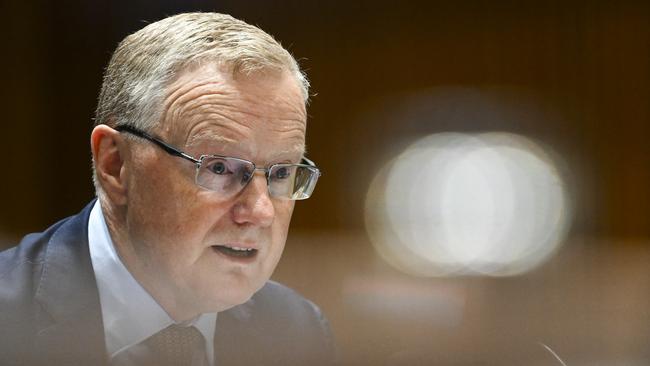
In his statement, RBA governor Philip Lowe, said the bank increased interest rates “materially” since May, and “recognises that monetary policy operates with a lag and that the full effect of the increase in interest rates is yet to be felt in mortgage payments”.
The central bank “expects to increase interest rates further over the period ahead” but is “closely monitoring the global economy, household spending and wage and price-setting behaviour”, Dr Lowe wrote.
The size and timing of future interest rate increases will “continue to be determined by the incoming data and the board’s assessment of the outlook for inflation and the labour market”.
Dr Lowe said it was important to avoid a “prices-wages spiral” and the RBA would “pay close attention to both the evolution of labour costs and the price-setting behaviour of firms in the period ahead”.
The RBA “remains resolute in its determination to return inflation to target and will do what is necessary to achieve that,” he said.
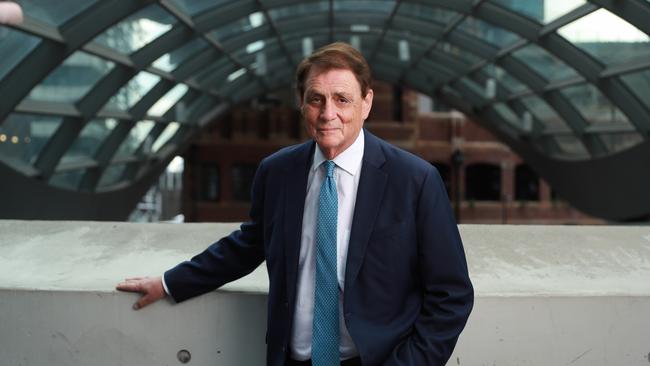
But Westpac chief economist Bill Evans found the RBA’s inflation forecasts “particularly troubling”.
The RBA’s revised forecasts on Friday will show headline CPI peaking at 8 per cent this year versus 7.8 per cent forecast in August. The CPI is expected to be 4.5 per cent in 2023 and “a little above 3 per cent in 2024, up from previous forecasts of 4.3 per cent and 3 per cent respectively.
“A central bank which has a 2-3 per cent inflation target and accepts that 4.75 per cent inflation in the following policy year runs the risk of embedding an inflationary psychology for both businesses and employees making it more difficult to avoid an even more extended period of high inflation,” he warned. “Given that the Board chose not to respond to the inflation shock with more than 25 basis points we can only conclude that as rates continue to rise the increments will be 25 basis points.”

ANZ’s head of Australian economics, David Plank, said that with revised RBA forecasts projecting inflation above the top of its band for over three full years, beyond the end of 2024 this “must pose some risk to medium-term inflation expectations, and the possibility that they become unanchored”.
But BetaShares chief economist David Bassanese said the RBA is likely to be “happy” with its forecasts that inflation will be above the top of its 2-3 per cent target band for at least three years.
“Provided wage growth and inflation expectations remain contained, the RBA likely feels it can afford to be patient in waiting for inflation to slow – with ideally only a soft landing rather than recession for the economy,” he said.
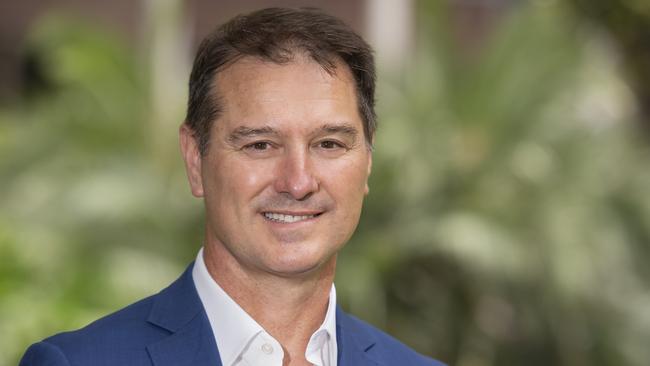
“Of course, global developments also pose downside interest rate risks – if a global recession also pushes Australia closer to recession – that RBA would likely be inclined to raise rates by much less than currently expected by financial markets, and could even cut interest rates later next year.”
Mr Bassanese expects a US recession in 2023 to limit the degree to which the RBA raises rates.
Citi Australia chief economist Josh Williamson said the RBA cash rate is now “bordering on restrictive” after a total increase this cycle which was the second fastest in the history of the cash rate target since the July to December 1994 hiking cycle.
He said the RBA sent a message with its comments that rates have increased “materially” and that monetary policy operates with a lag and that the full effect on mortgages yet to be felt.
“In combination, our interpretation is that the RBA wants it known that it views the amount of tightening as significant and that it now needs to consider the cumulative impact of rate increases,” Mr Williamson said. But Dr Lowe’s acknowledgment of the need to avoid a “prices-wages spiral”, shows that, until it has enough evidence to the contrary, the RBA won’t stop hiking.
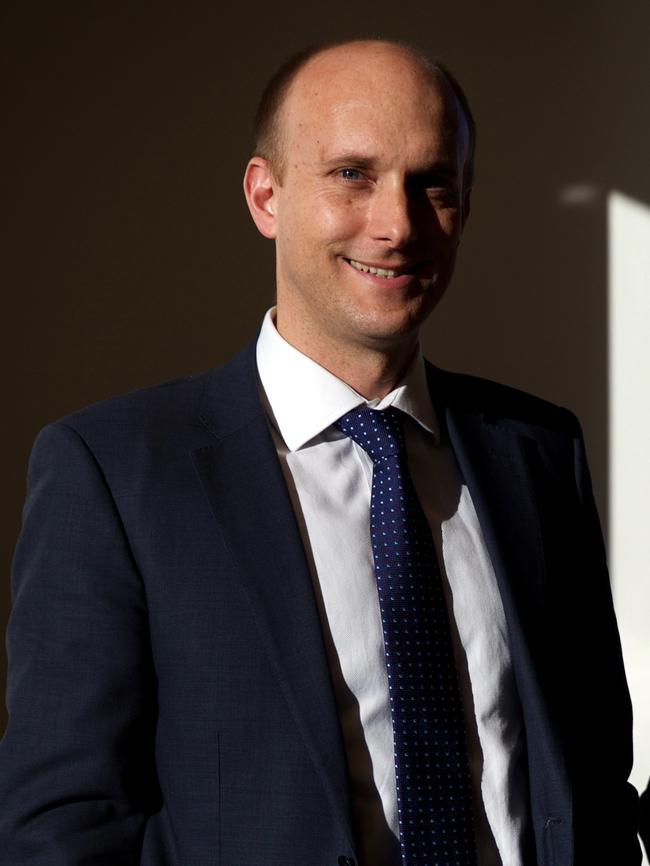
Goldman Sachs Australia chief economist Andrew Boak said the RBA’s decision not to re-accelerate the pace of monetary tightening following the “large upside surprise” to September quarter inflation “underscores a relatively high bar to return to 50bp rate hikes.”
“Absent an unexpected breakout in either wages growth of inflation expectations, we expect the RBA to continue with a series of 25bp rate hikes over Dec/Feb/Mar – to a terminal rate of 3.60 per cent,” he said.
But in remarks at the Reserve Bank board dinner on Tuesday evening, Dr Lowe said: “if we need to step up to larger increases again to secure the return of inflation to target, we will do that.”
“Similarly, if the situation requires us to hold steady for a while, we will do that,” he added.
“We are conscious that interest rates have been increased by a large amount in a very short period of time and that higher interest rates affect the economy with a lag. If we are to stay on that narrow path, we need to strike the right balance between doing too much and too little.”


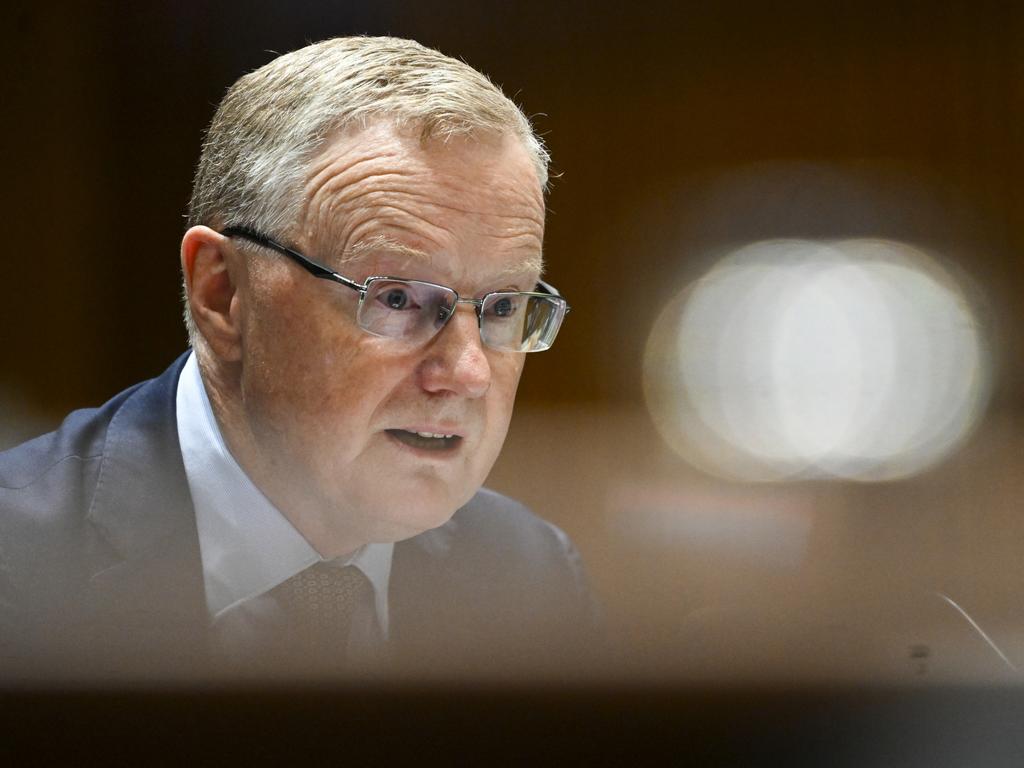


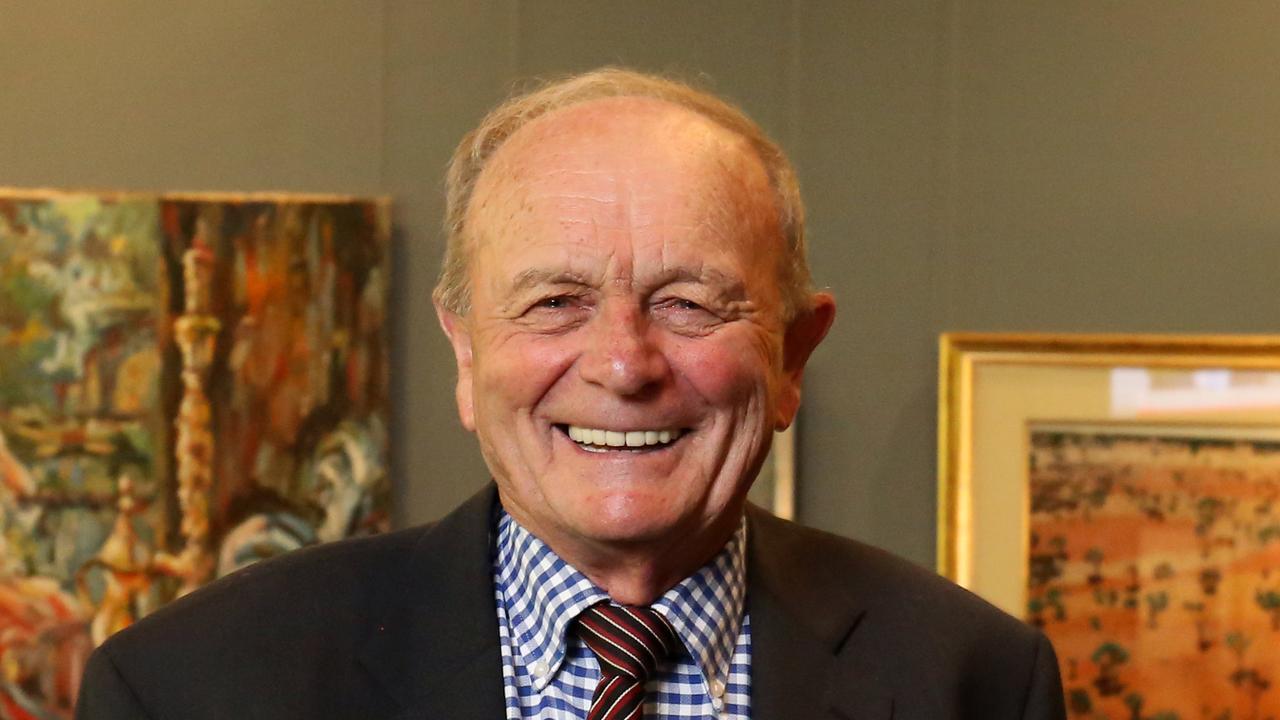
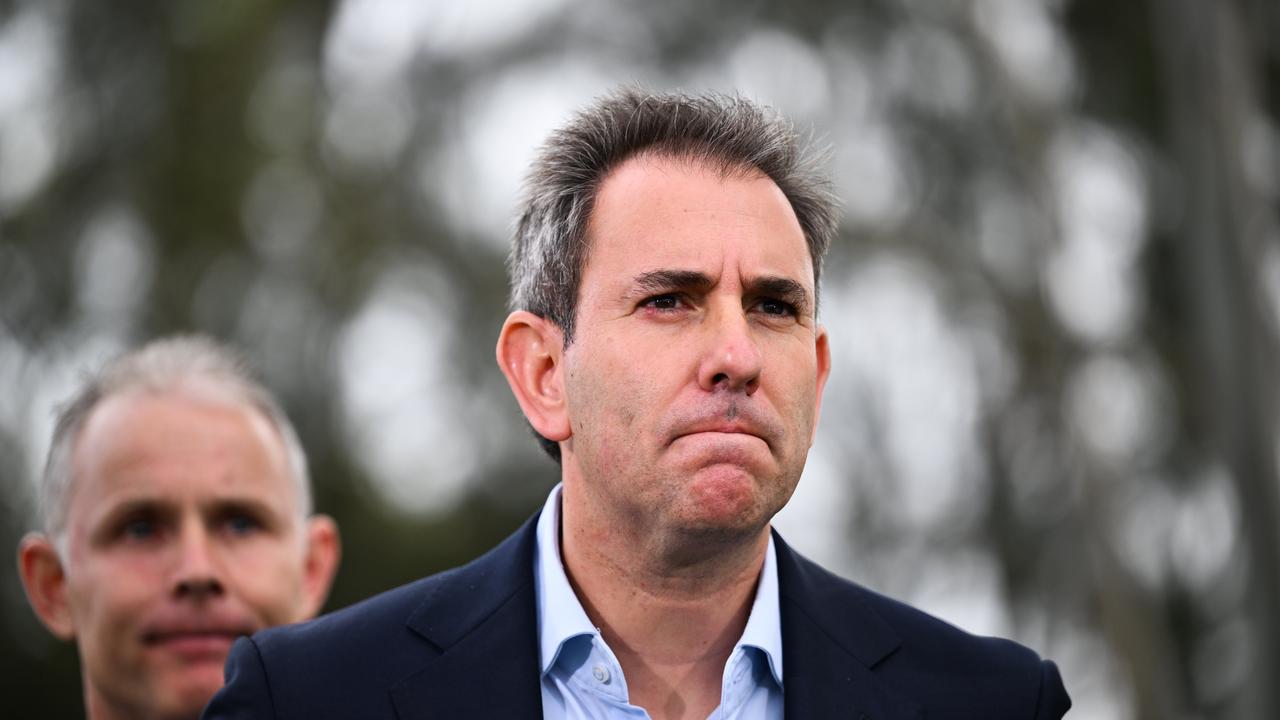
To join the conversation, please log in. Don't have an account? Register
Join the conversation, you are commenting as Logout